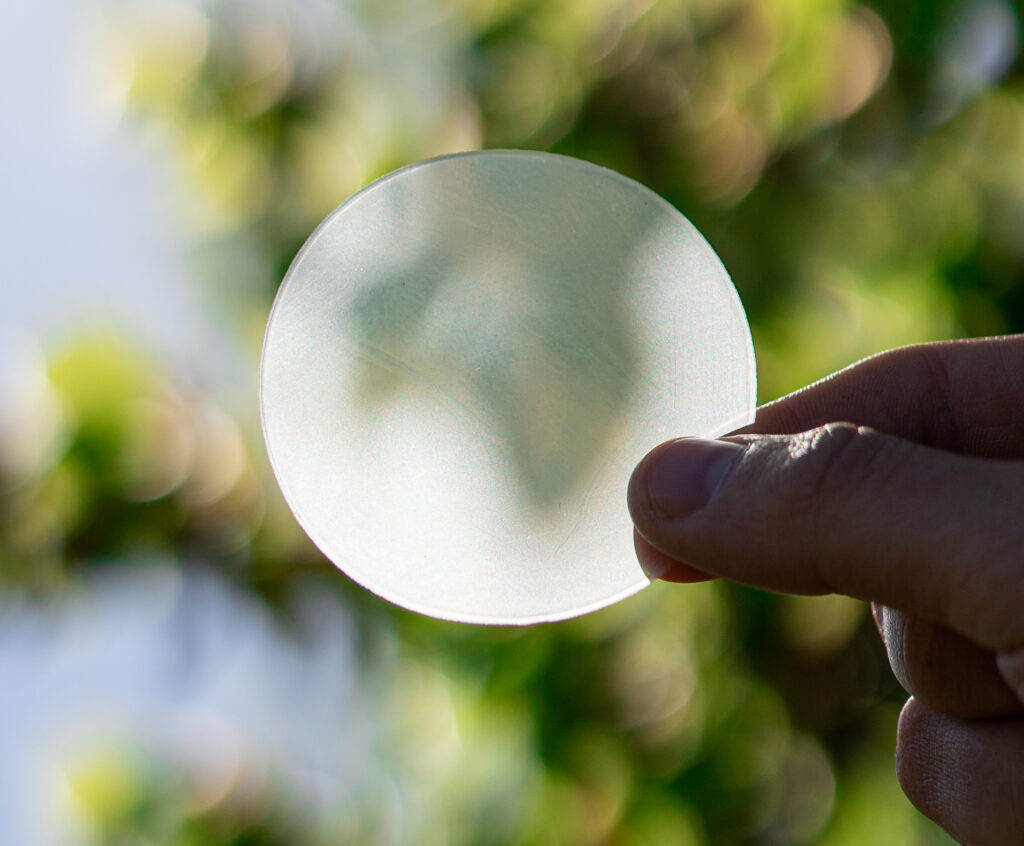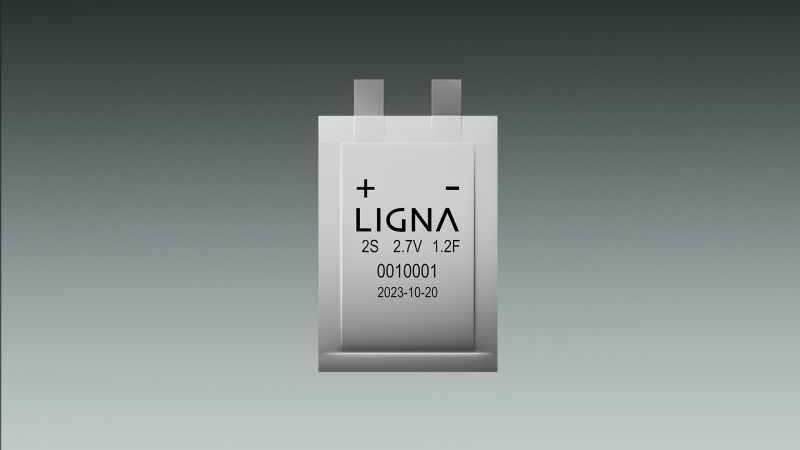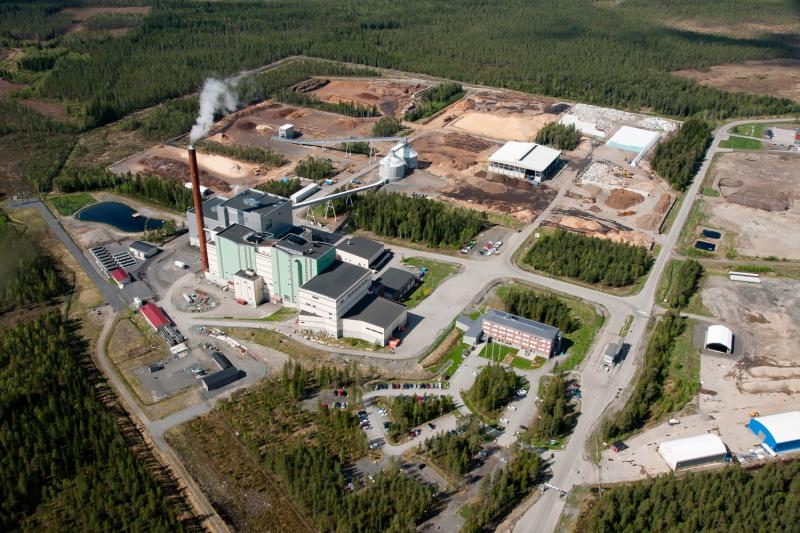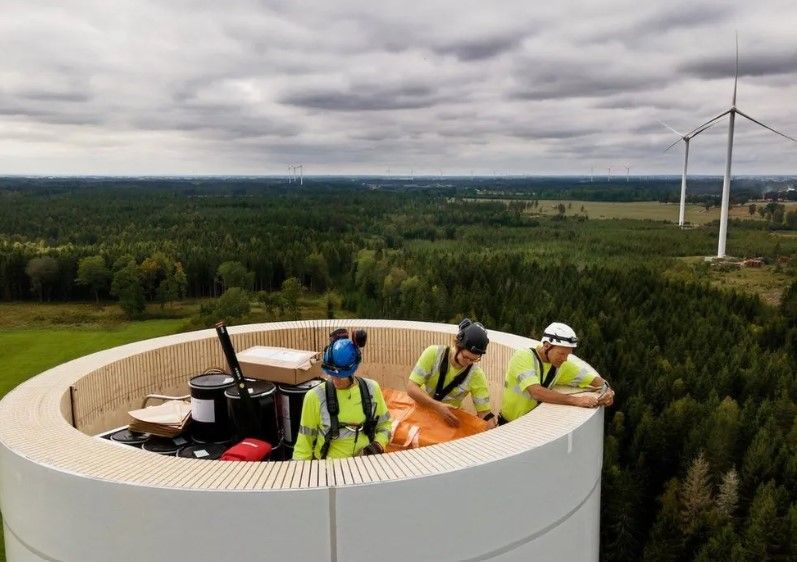Based in Helsinki to help founders accelerate the growth of deep technology ventures to global markets, Voima Ventures joins the €1.3M (14 million SEK) seed investment round of Cellfion, a Swedish cleantech startup paving the way towards a sustainable energy transition through the commercialization of bio-based membranes. The round also saw participation from Almi Invest Green Tech, Klimatet Invest, LiU Invest, and KTH Holding. The equity injection enables Cellfion to continue the development towards being a scalable manufacturer of sustainable membranes. In a few years, the startup is expecting to work with a larger team, begin its rapid prototyping by working with customers and partners, and focus on getting its first product to market.
The cleantech startup Cellfion celebrates its first anniversary by securing financing to enable the next steps towards the commercialization of the world’s first biobased membrane
The transition to replace fossil fuels with renewable, green energy has been moving at an unprecedented rate in the last decade. However, the expansion of the renewable energy industry doesn’t come without its challenges – especially where energy storage is concerned. Intermittent renewable energy, such as wind and solar, require a means of storing energy, since the sun isn’t always shining and the wind isn’t always blowing. Rapidly emerging technologies in the form of Redox Flow Batteries and hydrogen can provide the perfect solution, where energy can be stored and discharged upon demand. Cellfion is here to enable these solutions and ensure sustainability with their unique biobased membranes.
The unique characteristics and raw materials of Cellfion’s membrane are what sets them apart in today’s market. Cellfion’s technology is made from the most abundant biopolymer on the planet, cellulose, derived from wood. By extracting cellulose nanofibrils from wood, and modifying the surfaces, the fibrils can be fabricated into sheets of membranes that can be used as critical components in energy storage and conversion devices, such as Redox Flow Batteries and fuel cells. The fact that Cellfion’s membranes are made from an abundant forest material makes them not only sustainable but also cost-efective.




